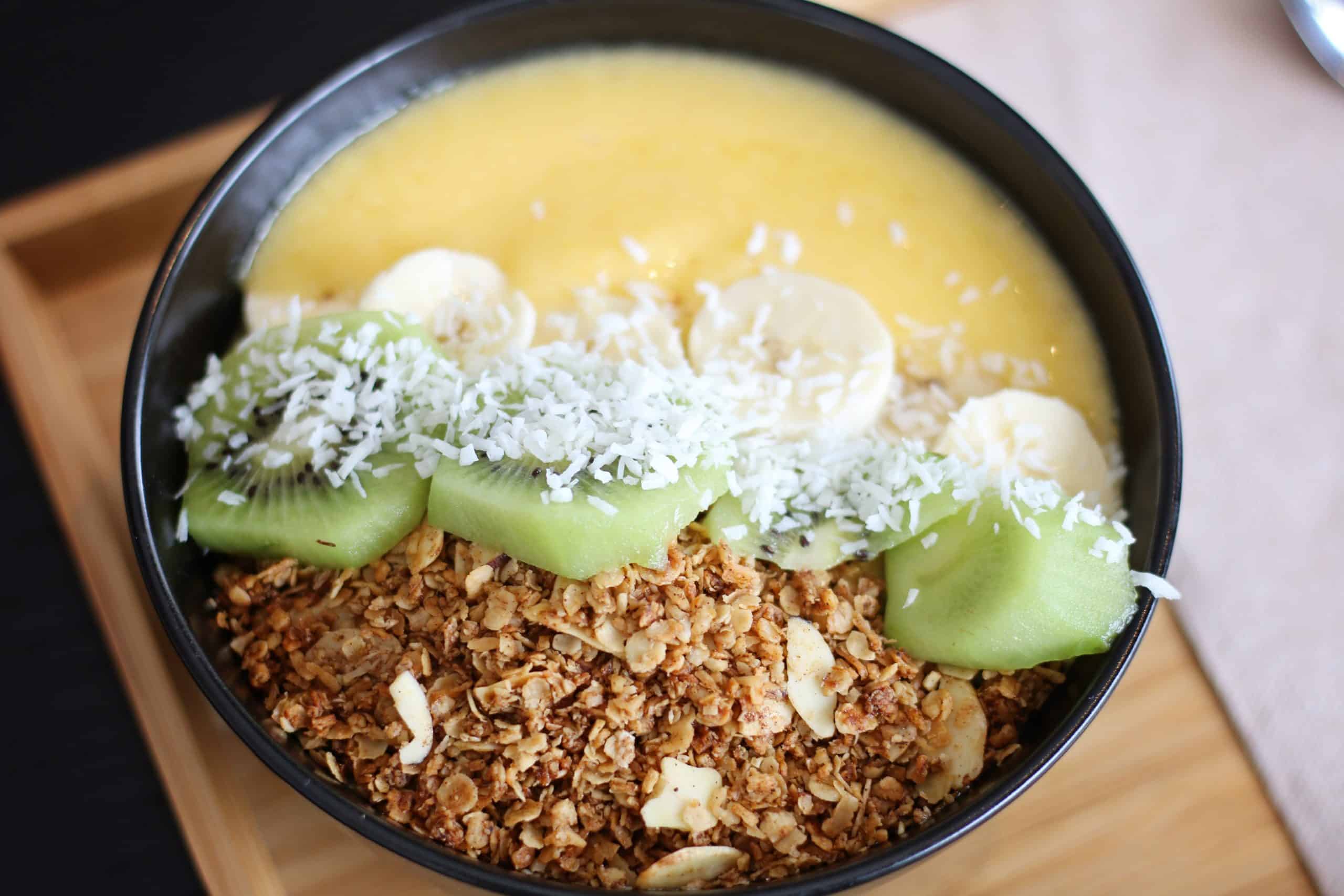
 If you’re trying to eat healthy and just take the advice of television commercials or the hype on the labels, you’ll soon realize that not all health foods are healthy. One look at the label that reads like a college chemistry formula should scare you into doing far more research than ever. Even though that tub of margarine says vegan, it doesn’t mean its healthier than butter—especially butter from the milk of grass fed raised cows. Butter has been part of the human diet for almost 4000 years. It has just one, possibly two ingredients if its salted, unlike many of the margarine “health food” butters. Many of the “healthy” non-butter alternatives contain far more ingredients with things like “natural flavors” (code word for chemicals) and substances not in a whole food diet.
If you’re trying to eat healthy and just take the advice of television commercials or the hype on the labels, you’ll soon realize that not all health foods are healthy. One look at the label that reads like a college chemistry formula should scare you into doing far more research than ever. Even though that tub of margarine says vegan, it doesn’t mean its healthier than butter—especially butter from the milk of grass fed raised cows. Butter has been part of the human diet for almost 4000 years. It has just one, possibly two ingredients if its salted, unlike many of the margarine “health food” butters. Many of the “healthy” non-butter alternatives contain far more ingredients with things like “natural flavors” (code word for chemicals) and substances not in a whole food diet.
Fat free and low fat milk products should be eliminated from your shopping list.
There’s nothing wrong with a little fat in your diet. In fact, it actually may help you lose weight. It leaves you feeling fuller. Studies show that people who drink whole milk have a 46 percent lower risk of diabetes and 8 percent lower risk of obesity. When fat is removed from milk, it’s often replaced with sugar for added flavor. About everyone is now aware of the dangers of consuming sugar, so why add it to your diet when you don’t need it? The best milk to drink comes from cows that were pasture raised and is 100% organic. While raw milk isn’t allowed for sale in most areas, it’s a healthy option too.
Non-organic or overcooked meat can have its health risks.
When you eat meat, you eat what the animal ate. If it’s not organic, you could be consuming not only what the animal ate, but also what it was subjected to in life. If it had high amounts of hormones and antibiotics, that could be part of your meal, too. Consider the rise of superbugs. They not only occur because of over prescribing antibiotics, the use of antibiotics in the meat industry also fuels them. Overcooking meat also creates HCA—heterocyclic amines. These are listed as cancer causing agents.
Granola and granola bars may be just glorified candy bars.
You grab a granola bar or two for a snack and congratulate yourself on making such a healthy choice, but are you? Many of the bars have loads of added sugar, artificial flavor, preservatives and refined oils. When you read the label, it’s not just natural ingredients. High fiber bars are also poor contenders for since much of the fiber doesn’t come from traditional sources, but chicory root or other tasteless added fiber sources. You’re far better off eating granola bars where the fiber comes from whole grains or nuts. The shorter the list of ingredients, the better.
- Don’t be tricked into buying food just because it says gluten free. Many foods are naturally gluten free. Unless you have celiac disease, choose your healthy product based on nutritional value.
- Pre-prepared frozen diet food in a tray may look easy, but it often lacks the nutrients you need in a meal and frequently leaves you hungry. Fresh vegetables can make a quick meal that’s far more nutritious and with no extra chemicals or preservatives.
- Frozen yogurt sounds like a healthy food, but it’s packed with sugar and flavoring. Just say no and grab a live culture yogurt—Greek is really tasty—and top it with fresh fruit.
- Skip the veggie burger if it’s made from “textured vegetable protein” or soy. It doesn’t contain veggies. Look for alternatives that actually contain vegetables or grill a portabella mushroom burger for a real taste treat.
